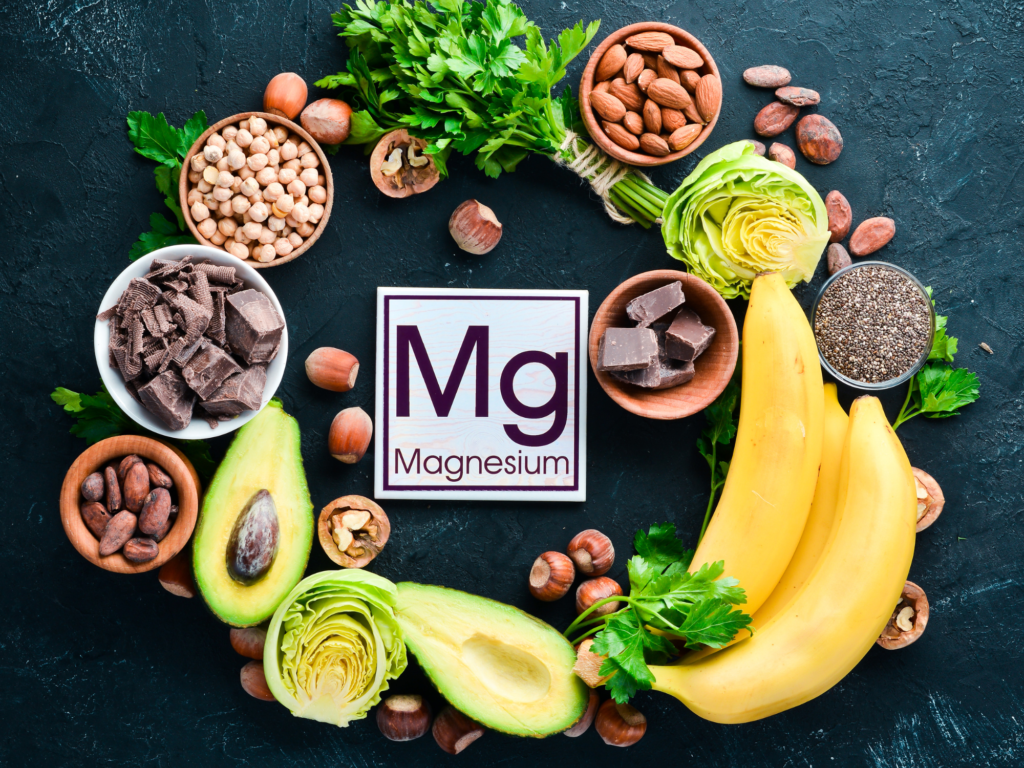In cellular biology and human health, the Nobel Prize-winning discovery of aquaporins in 2003 marked a pivotal moment. These integral membrane proteins, akin to microscopic water channels, play a pivotal role in enabling water to traverse cell membranes with incredible efficiency. This revelation, however, is just the tip of the iceberg when it comes to understanding the profound impact of cellular hydration on our well-being.

The Aquaporin Discovery
What Are Aquaporins?
Aquaporins are specialized proteins found within cell membranes, and their primary function is to facilitate water molecules’ movement in and out of cells. They act as gatekeepers, ensuring that the right amount of water enters and exits cells, maintaining cellular hydration balance.
Aquaporins support various physiological processes. They ensure that our cells are adequately hydrated, which is essential for optimal cellular function. From metabolic processes to DNA replication, cellular hydration is at the core of it all.

The Role of Negatively Charged Alkaline Minerals
The Alkaline Connection
Recent research has revealed an intriguing connection between cellular hydration and negatively charged alkaline minerals. These minerals, such as bicarbonate and magnesium ions, have been shown to enhance water absorption and retention within cells.

Ionic Magic: Bicarbonate and Magnesium
Bicarbonate: The Cellular Hydration Dynamo Bicarbonate ions, abundant in alkaline water, act as cellular hydration molecules. They help transport water molecules through aquaporins, ensuring that cells receive the hydration they need. This dynamic process is fundamental for maintaining cellular integrity and function.
Magnesium: The Cellular Guardian
Magnesium, often referred to as the “master mineral,” plays a pivotal role in cellular hydration. Its ability to attract and hold water molecules within cells contributes to optimal hydration, promoting overall well-being.

Detoxification at the Cellular Level
The Menace of Positively Charged Contaminants
In our modern world, we are exposed to a multitude of positively charged contaminants. These contaminants, ranging from heavy metals to environmental toxins, can infiltrate our cells and disrupt their normal functioning.
Alkaline Minerals as Detox Agents
Negatively charged alkaline minerals, in addition to their hydrating properties, serve as powerful detox agents. They have the unique ability to attract and bind with positively charged contaminants, effectively neutralizing them and aiding in their removal from the body.

Aquaporins, Alkaline Minerals, and You
Aquaporins and negatively charged alkaline minerals play interconnected roles. They work together to keep your cells hydrated while protecting them from harmful contaminants. Incorporating alkaline systems and ionizers into your daily routine can be a game-changer. These systems help maintain the pH balance of your body, ensuring that alkaline minerals are readily available to support cellular hydration and detoxification.
Unlocking a Healthier You
In conclusion, the Nobel Prize-worthy discovery of aquaporins sheds light on cellular hydration’s crucial role. When coupled with negatively charged alkaline minerals like bicarbonate and magnesium, the benefits are truly transformative. Achieving and maintaining optimal cellular hydration and detoxification are key steps towards a healthier, more vibrant life.
For a comprehensive understanding of this topic and to access a free water quality analysis report, visit [LifeWater Report] ( http://www.lifewaterreport.
At LifeWater Report, we’re committed to bringing you the latest insights on optimizing cellular hydration and detoxification. Stay tuned for more discoveries to empower you to live a healthier, more vibrant life. Don’t miss out on this opportunity to elevate your understanding of cellular hydration and detoxification. Make sure your Family stays healthy by drinking safe, filtered mineral-rich water.
